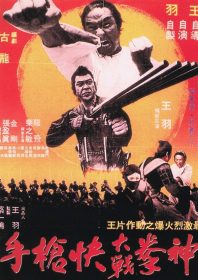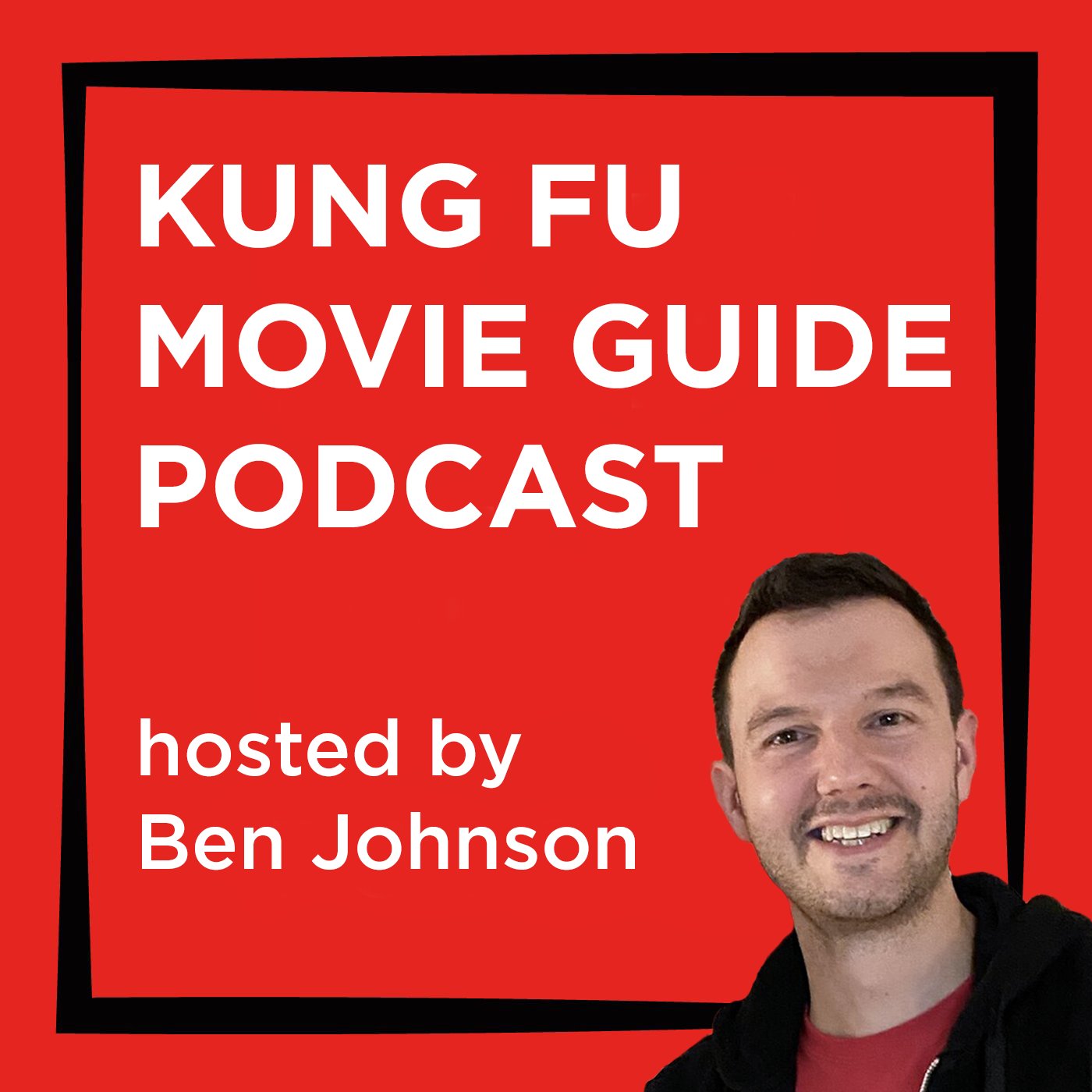
This has all the hallmarks of a filmmaker throwing shit at the wall to see what sticks. It is not too surprising, then, that this would prove to be Wang Yu‘s final film as director, producer and star. His 1970s output – as well as being mostly insane – was prone to repetition, featuring variations of his most popular characters, and sequences which seem interchangeable with his other movies. For instance, this film features an extended tournament sequence plonked in the middle for no good reason, centring on Kam Kong as another mad monk, which feels eerily similar to the main competition sequence in 1975’s Master of the Flying Guillotine. The succession of foreign fighters exhibiting different martial arts styles – including even Blacky Ko reprising his role as part of Muay Thai double act, this time with Ricky Cheng – was a trait firmly established in 1971’s One-Armed Boxer (but also hinted at in 1969’s Return of the One-Armed Swordsman). And just when you think Wang Yu has exhausted all his zany ideas, he throws in a sequence involving kung fu zombies; a spooky encounter which is completely baffling, if not wholly unwelcome. He also gives his regular punching bag, Lung Fei, another wacky villain role; this time, he dresses him up like a retro-futuristic gunslinger from a completely different genre who offloads a multi-barrelled rifle into his adversaries. In his final confrontation with Wang Yu’s indestructible hero, Lung Fei is distracted by Wang Yu’s secret technique of filling an entire room with creepy life-sized dummies of himself in a bid to distract his opponent. It’s the sort of bonkers sequence that must have been cooked up after a fever dream. Shaw Brothers action director Hsieh Hsing gives the film a lift, although Wang Yu’s more fragrant use of a body double is telling. Never a fully convincing onscreen fighter, he is left wanting when attempting to meet the skillset required for the increasingly complex demands of mid-1970s Hong Kong fight choreography. That might be why the film instead gets much of its thrills from gimmicks, namely Wang Yu’s ability to run up walls, dodge bullets, and balance on top of an upright spear. The title is somewhat misleading. Despite his penchant for spinoffs based on his own creations, there is no connection to 1970’s The Chinese Boxer other than the film’s anti-Japanese sentiment. Its alternate title, Revenge of the Samurai, makes more sense, focusing on a Japanese clan leader who sends his toughest warrior to China on a reconnaissance mission to befriend a Qing dynasty general as a ploy to launch an invasion. Wang Yu plays a fearless fighter helping a royal mission to escort the general’s daughter and some Chinese treasure across no man’s land in order to lure out any potential crooks or invaders. The story is particularly hard to follow if you’re watching the butchered English dubbed version, which renders the story completely inconsequential (not that it resembles a work of art to begin with). Like many of the most ridiculous kung fu films, there is something quite admirable – and endearing – about its completely abject silliness.
AKA: Revenge of the Samurai.
- Country: Taiwan
- Action Director: Hsieh Hsing
- Directed by: Jimmy Wang Yu
- Starring: Emily Chang Ying-chen, Jimmy Wang Yu, Kam Kong, Lei Jun, Lung Fei, Sit Hon
- Produced by: Jimmy Wang Yu
- Written by: Gu Long
- Studio: Cheung Ming Film Co.












